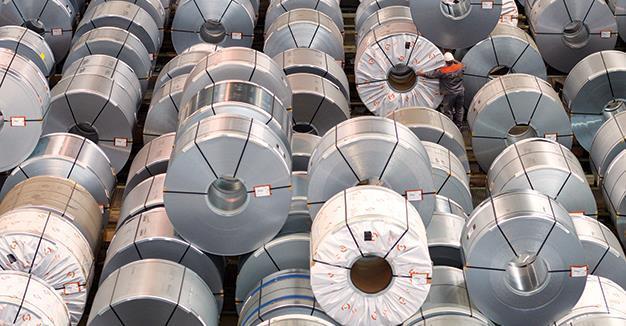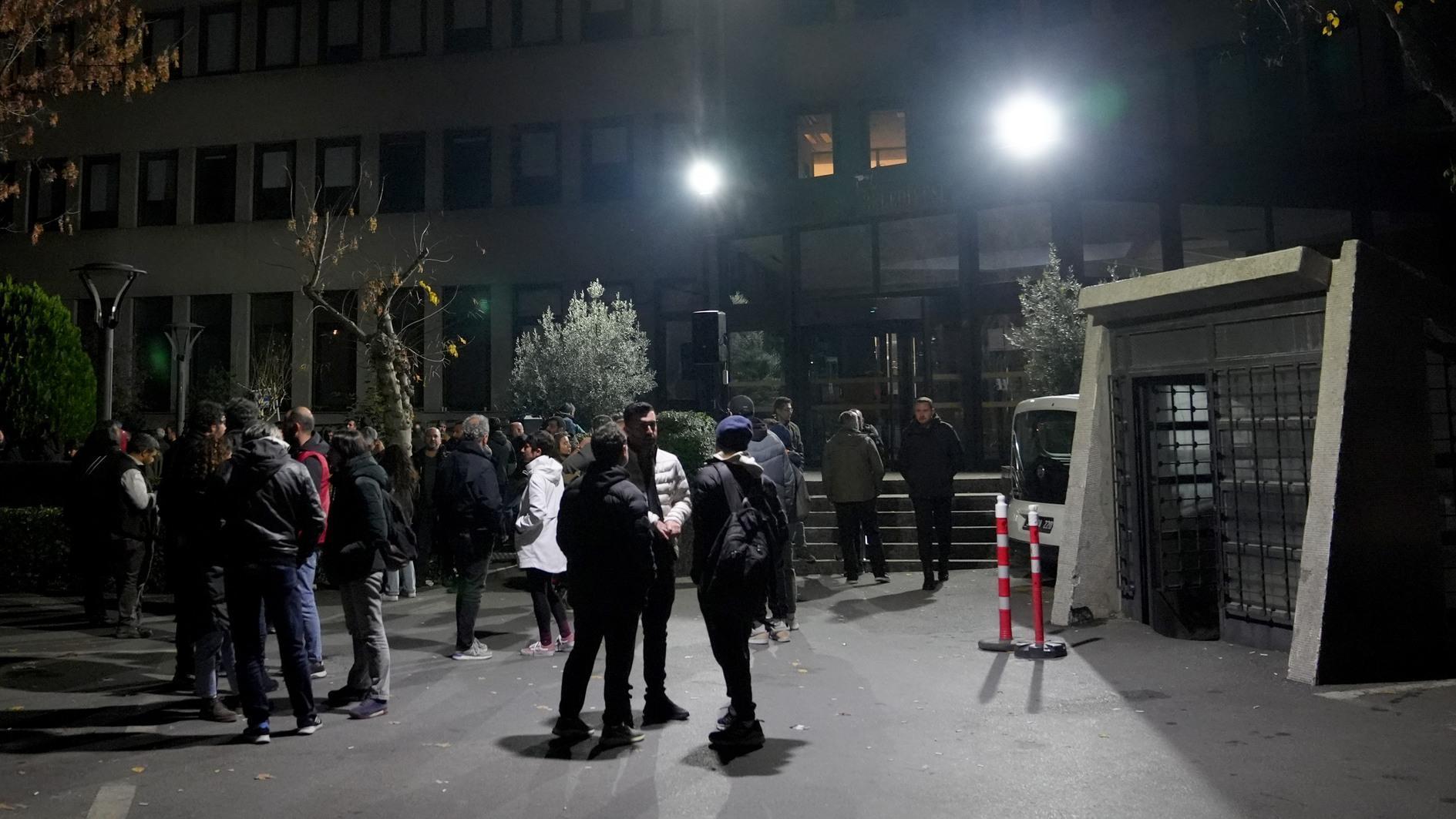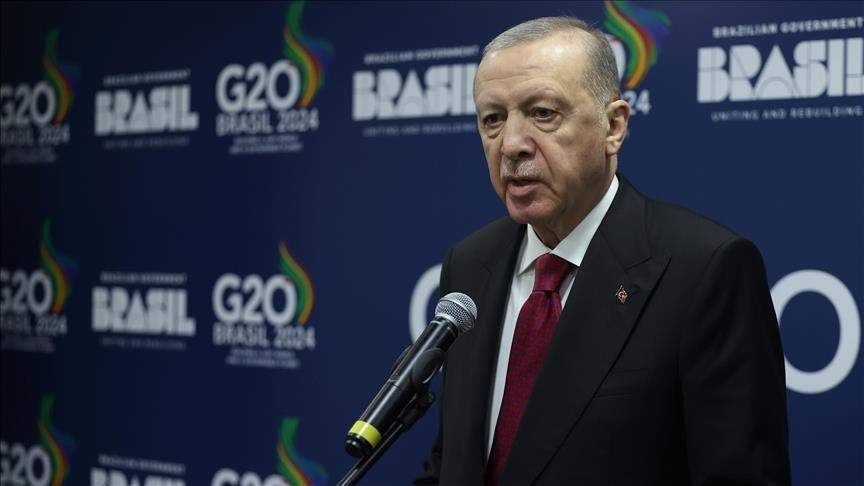German private sector’s growth surges to 77-month high before election
 Germany’s private sector expanded at the fastest pace in almost six-and-a-half years in September, a survey showed on Sept. 22, suggesting Europe’s largest economy is firing on all cylinders before a federal election on Sunday.
Germany’s private sector expanded at the fastest pace in almost six-and-a-half years in September, a survey showed on Sept. 22, suggesting Europe’s largest economy is firing on all cylinders before a federal election on Sunday.Markit’s flash composite Purchasing Managers’ Index (PMI), which tracks the manufacturing and services sectors that together account for more than two-thirds of the economy, jumped to 57.8 from 55.8 in the previous month.
The reading was the highest since April 2011 and far exceeded a consensus forecast in a Reuters poll of economists for a stable reading of 55.8. It was also well above the 50 mark that separates growth from contraction.
“September’s PMI survey showed Germany’s private sector economy in rude health, highlighting strong broad-based growth in both business activity and employment,” said Phil Smith, principal economist at IHS Markit.
Record-high employment, rising real wages and ultra-low borrowing costs are driving a consumer-led upswing in the German economy that looks set to help Chancellor Angela Merkel win a fourth term in office in a federal election on Sept. 24.
The survey showed that German manufacturing is also enjoying a boom, with activity accelerating to 60.6, a near six-and-a-half-year high. Growth in services also gained momentum.
Businesses benefited from a sharp rise in orders, prompting them to add to their headcount, especially in manufacturing, to deal with a rise in outstanding business.
IHS Markit’s Smith said increased capacity pressures suggested businesses would keep taking on extra staff for some time to come.
While disappointing industrial orders and output data have painted a mixed picture for the economy, IHS Markit said the PMI pointed to an acceleration of economic growth to around 0.7 percent in the third quarter, up from 0.6 percent from April to June.
















